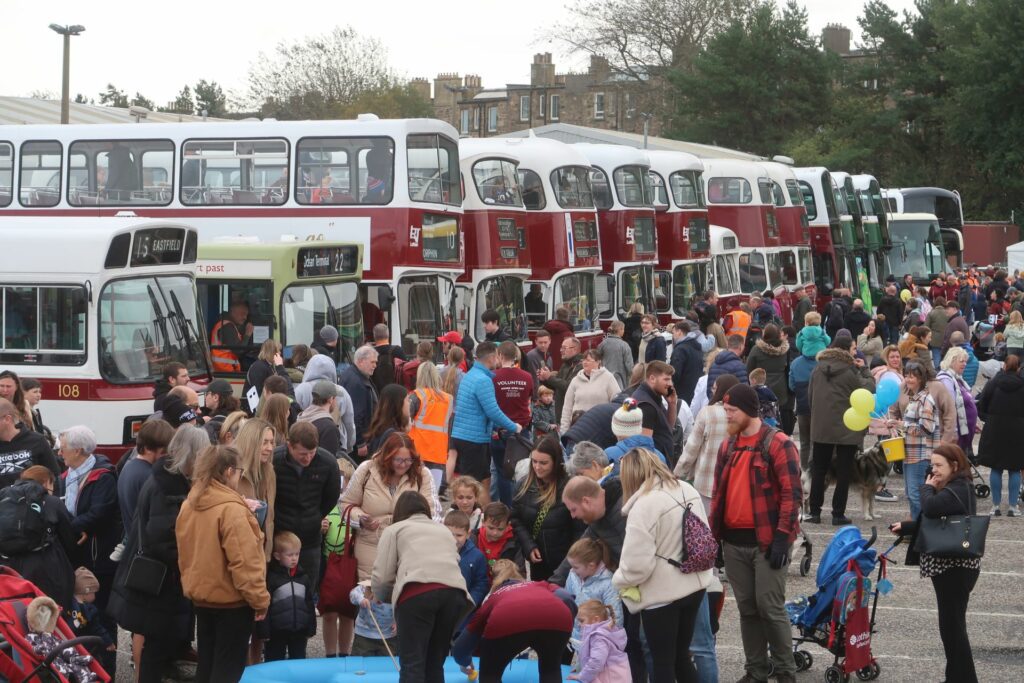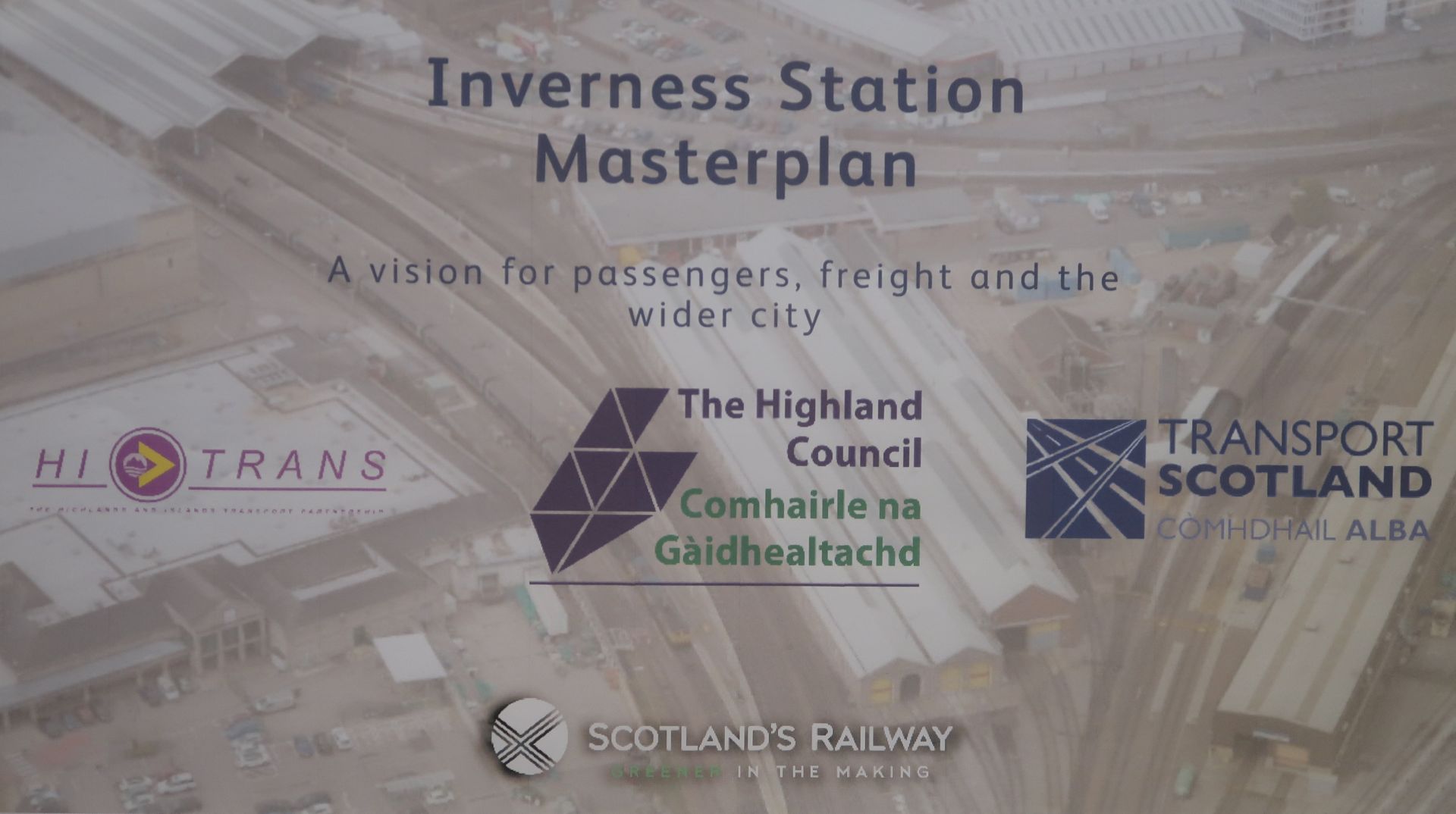Lothian Buses attracted a large number of visitors to their Doors Open Days event at Marine garage in Edinburgh. Visiting heritage vehicles from Lathalmond Bus Museum helped to demonstrate the history of the fleet from tramway replacement services in the 1950s up to the present day.
Positioned at the far end of the line up of buses was one of the latest battery electric double deckers which entered service in September, initially on city routes 8 and 9.
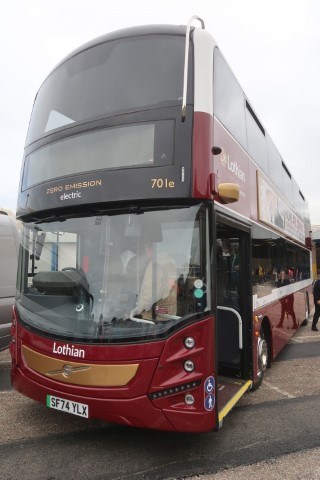
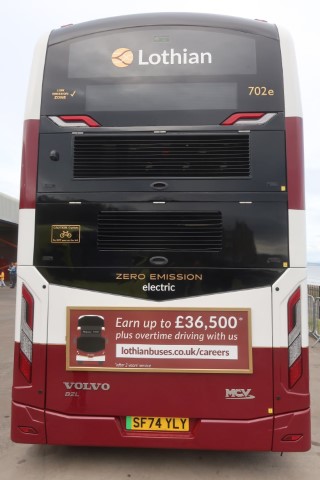
The Volvo BZL Electric has been developed solely in conjunction with Egyptian bodybuilder MCV, whose logo appears on the rear of the bus. The BZL terminology stands for ‘Bus Zero Low-floor.
Work has been underway at the operator’s Central depot in Annandale Street to prepare for the buses’ arrival. Charging infrastructure will allow their 470kWh of battery storage to be replenished in three to four hours. The BZL has a 200kW motor and a two-speed automated manual gearbox. Up to 300km will be possible on one charge.
More than £24 million is being invested in the BZL project by Lothian. It forms part of the municipal operator’s commitment to introduce greener buses to ifs fleet and underpins part of a wider strategy to achieve net-zero-emissions by 2035. Plans are in hand to electrify other depots beyond Central.
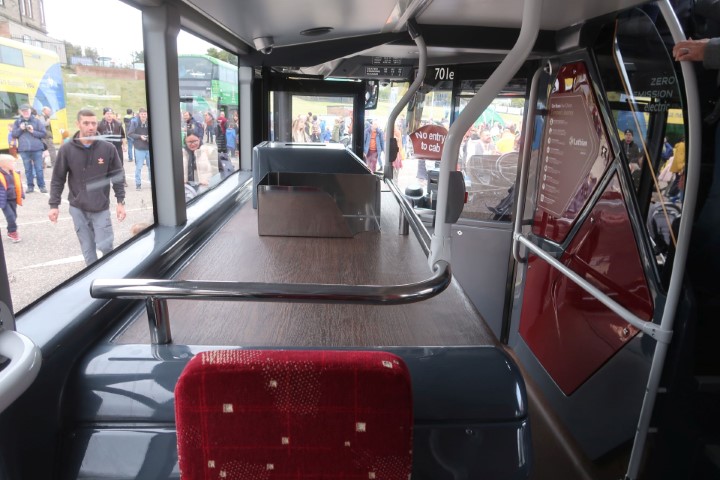
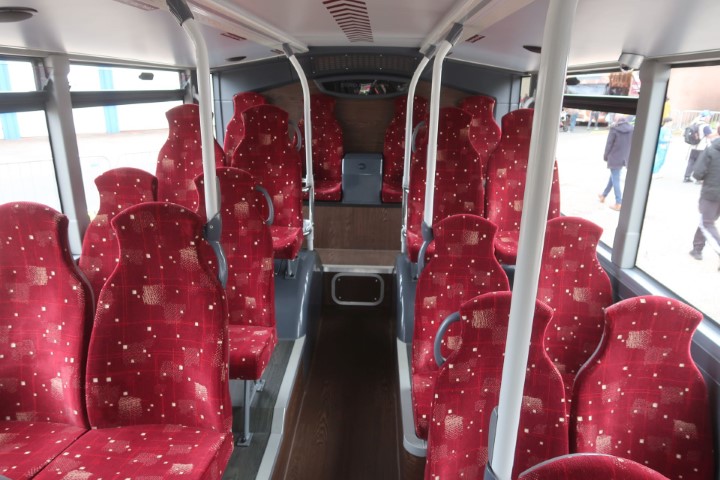
Whilst the single decker option of the BZL has roof-mounted battery packs in what is now a familiar configuration, including the facility for opportunity charging, the double decker has five battery packs fitted in to the typical double deck vehicle outline.
The challenges facing the designers when it comes to placing battery packs throughout the double-decker vehicle become more obvious from inside. With three battery packs at the rear of the bus, and one located on the offside in front of the rear axle, the need to ensure an equal weight distribution has meant there really is only one place the fifth battery pack can go. However, locating it horizontally over the nearside front wheel has resulted in a substantial box like piece of bodywork design that is very prominent towards the front of the lower saloon. Part of the top of the unit was available for use as a luggage area.
Of the 21 fixed seats in the lower saloon, only six are step-free. Also, the location of a battery pack on the offside means there’s a step-up required to reach those seats. The majority of fixed seats in the lower saloon are not step-free – this will present difficulties for some passengers. There is space provided for 2 wheelchair users within the low floor area.
Traditional wing mirrors have been replaced with a digital camera monitoring system, and the BZL buses have regenerative braking systems when the driver’s foot is taken off the accelerator.

